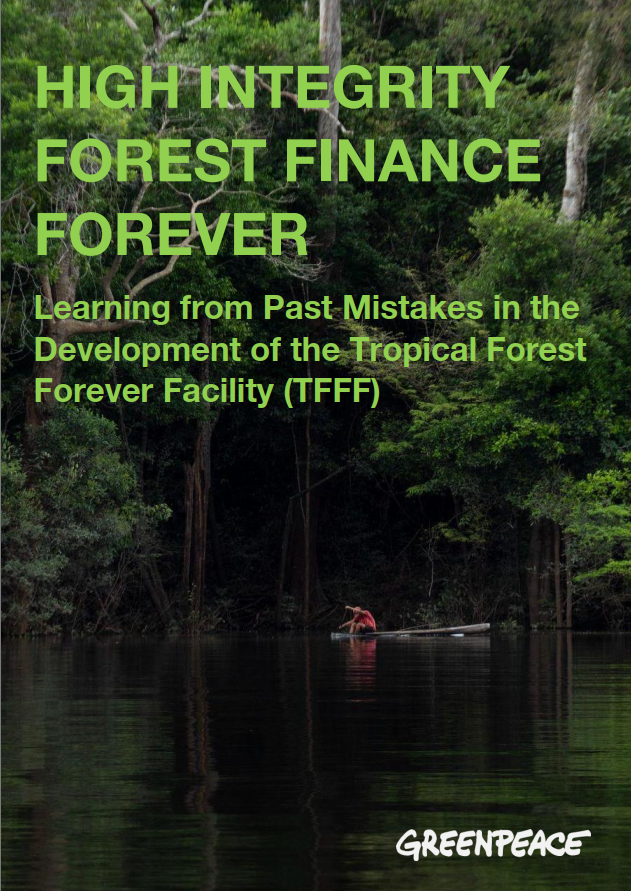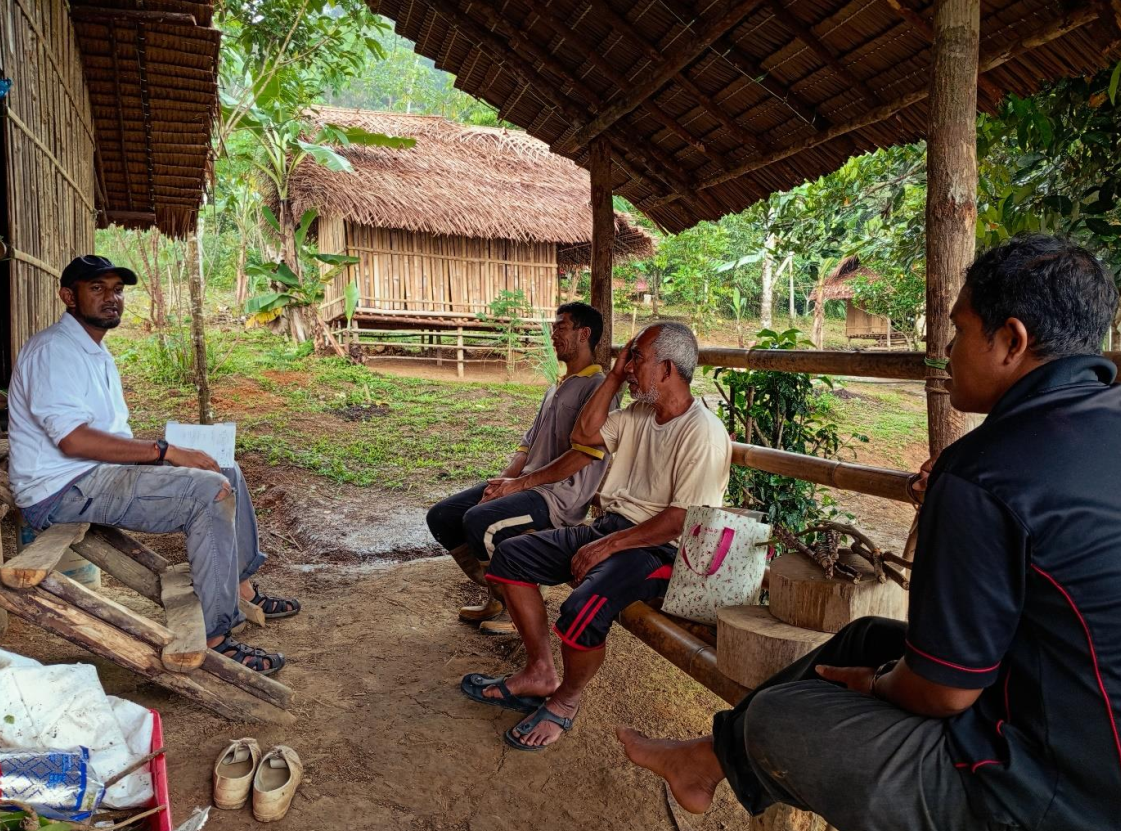This year, the Malaysian Government has issued a warning that people need to prepare to face the haze problem due to the prolonged dry weather in Southeast Asia following the El Nino weather pattern.
Most of the haze in Southeast Asia is caused by the destruction of peatlands and forest fires. Peatland fires also occur in Malaysia such as in Bachok, Kelantan and Rompin, Pahang. Transboundary haze is not only from Indonesia, it is also from other Southeast Asian countries. For example, the transboundary haze in early 2023 is directly related to monoculture farming activities in Thailand and in neighboring countries.
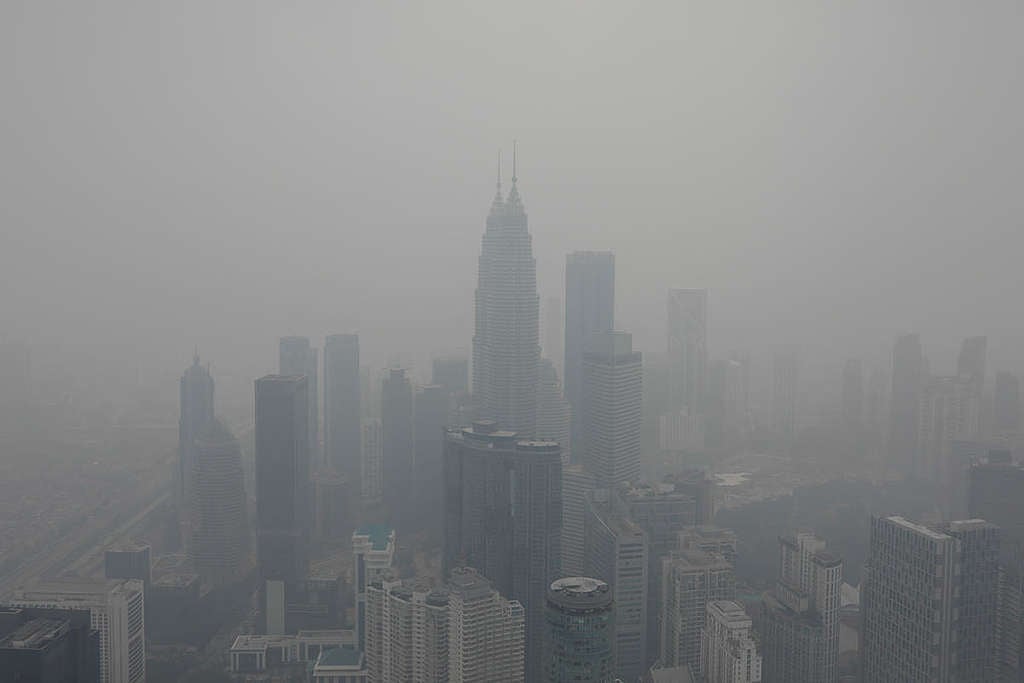
Here are four ways to mitigate and prevent haze pollution in Malaysia:
1. Restore peatland
Most of the peat forests have been destroyed for agricultural purposes. This is one of the causes of the haze phenomenon becoming more serious. That is why it is important to protect the remaining forest so that peat fires can be reduced. Peatland restoration means that it needs to be replenished with water so that the soil is wet.
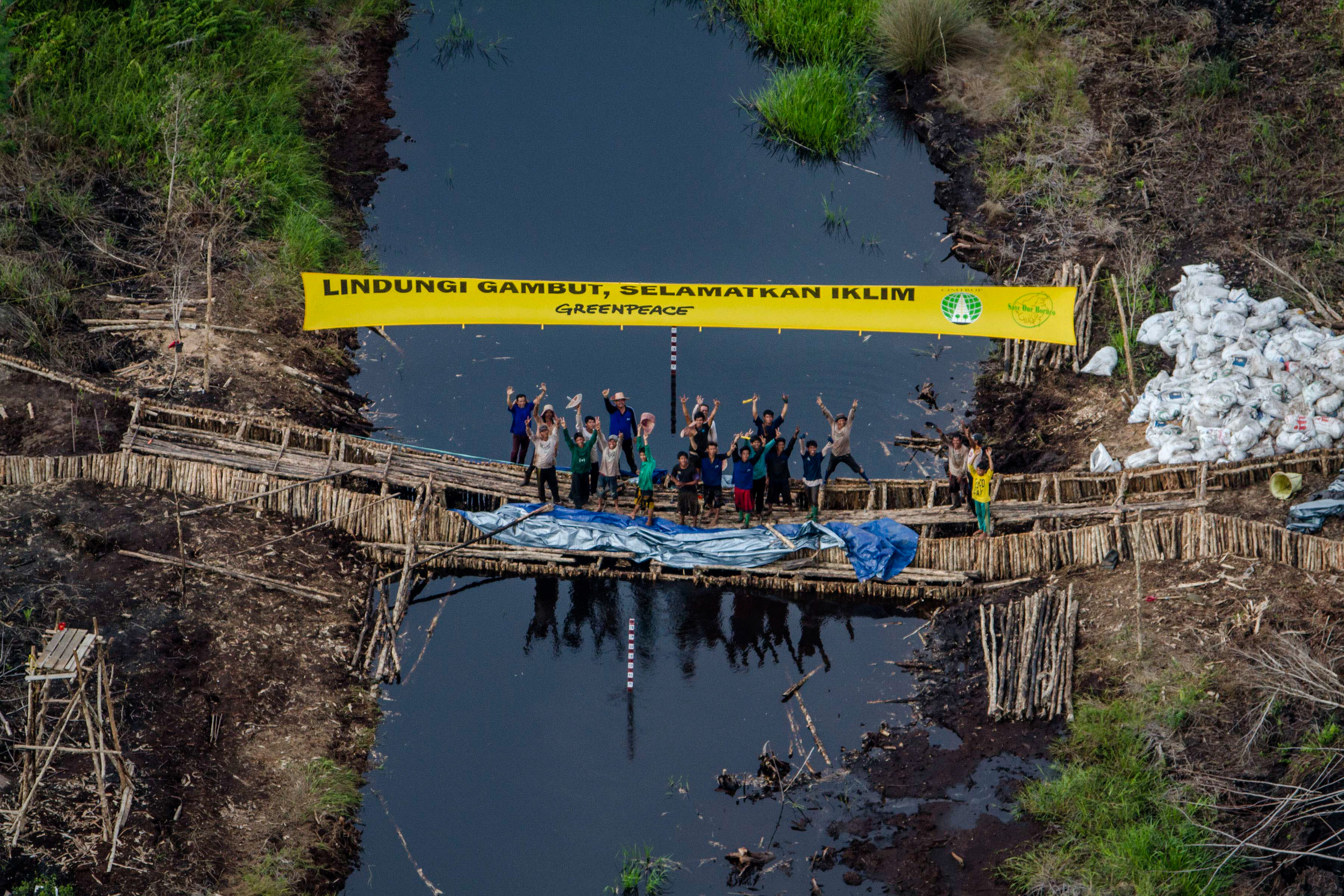
2. Hold the company accountable
Large companies need to have supply chain management that meets the NDPE (No Deforestation, No Peat, No Exploitation) commitment, which means not implementing new developments on peatland and encouraging the best management of existing farms. In this situation, unfortunately not all companies comply with this commitment. So, companies must stop forest destruction and demand the same to all their suppliers. In April 2017 IOI Group made a significant commitment to address deforestation and exploitation throughout its supply chain.
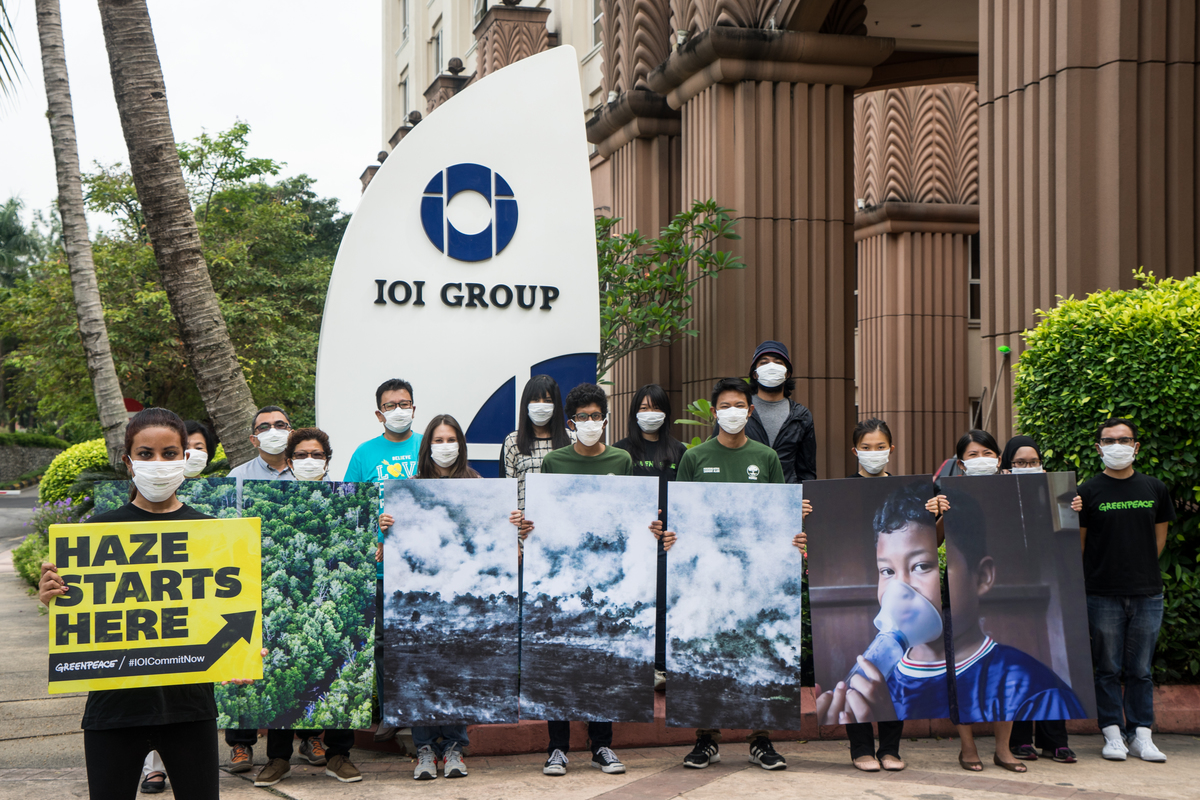
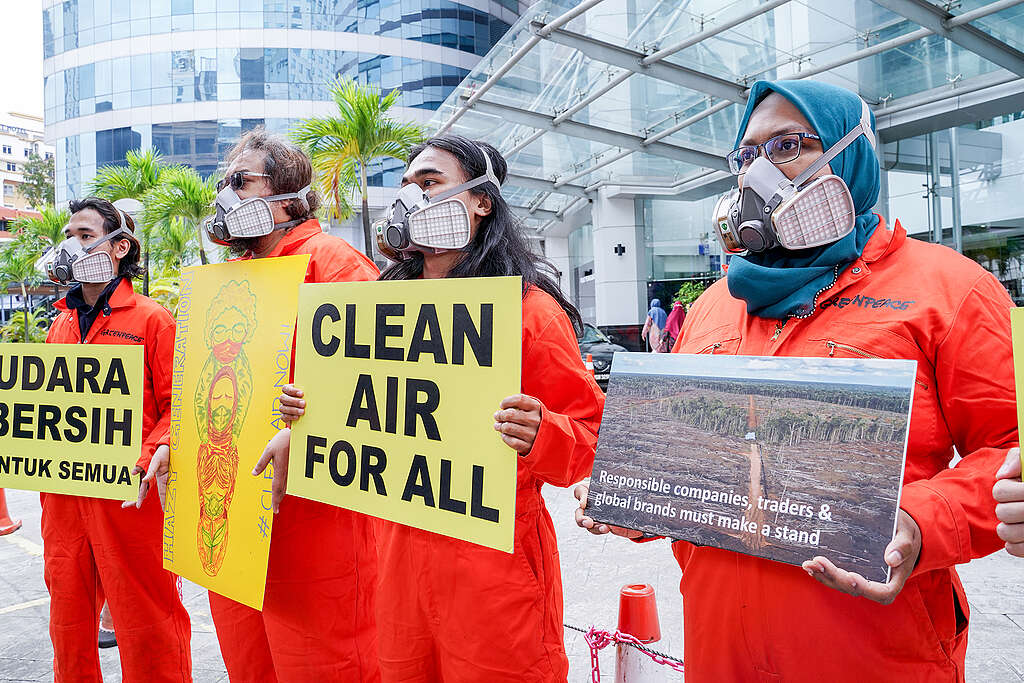
3. Demand the Transboundary Haze Pollution Act
The Government needs to enact the Transboundary Haze Pollution Act. With the existence of this act, it will improve enforcement against forest burning in the agricultural sector. The initiative to create a Transboundary Haze Act should be enacted by Southeast Asian countries affected by haze, especially Malaysia. This will be useful when this act institutes a check and balance mechanism to ensure that Malaysian companies do not contribute to domestic and transboundary haze.
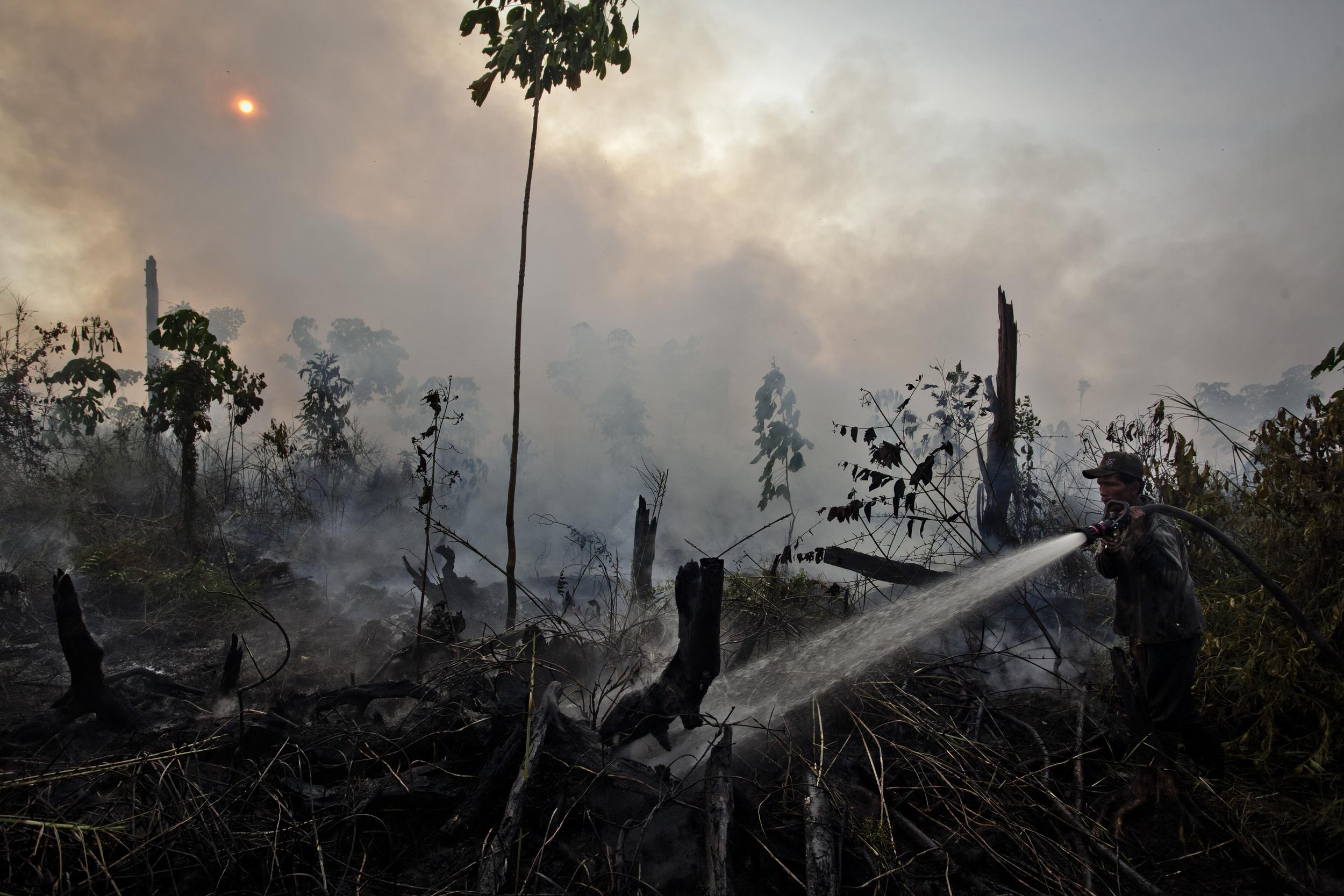
We need a transboundary haze law to act as a deterrent. Malaysia will benefit by learning the limitations of the Transboundary Haze Act in Singapore and formulate a better Transboundary Haze Act for Malaysia. We can also develop an approach that combines diplomacy and action-oriented accountability that will strengthen the Malaysian government’s strategy in dealing with haze issues in the long term, especially transboundary haze that has been going on for years. We believe that this will be a good step to ensure that Malaysian companies operate responsibly.
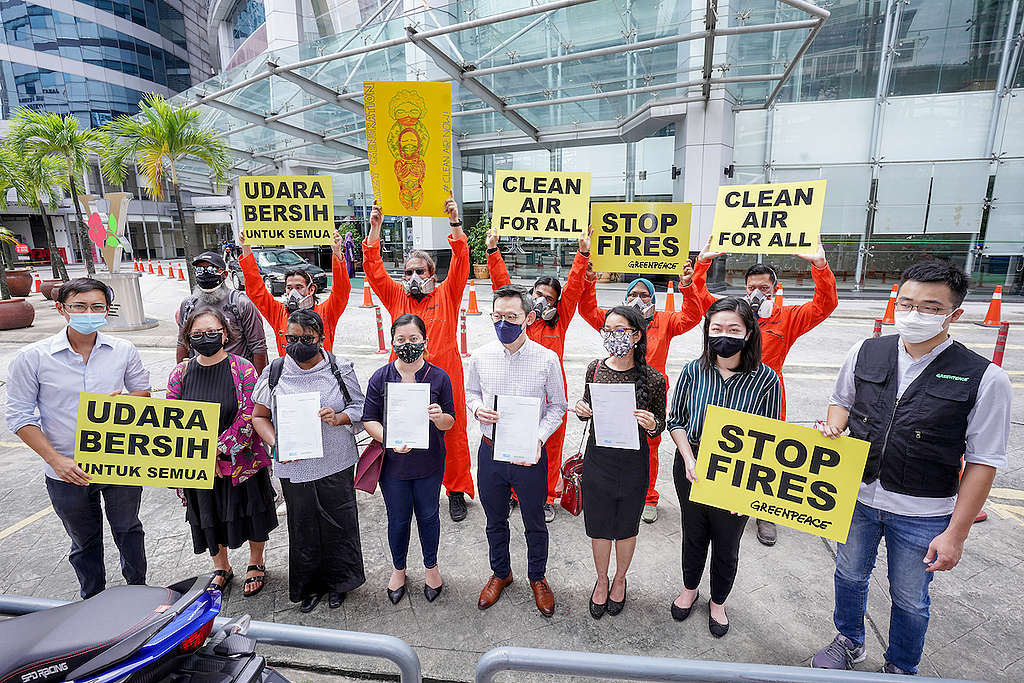
4. Promote of Sustainable farming
When we oppose forest destruction and haze pollution, we are not anti-development or anti-plantation. We want to demand better and sustainable business practices. In fact, farming can be carried out sustainably by putting in place the right system of checks and balances. For example, Greenpeace works with a community palm oil project in Dosan, Sumatra. A smallholder palm oil project run by farmers from the village of Dosan in Riau Sumatra, Indonesia which shows that palm oil production without causing deforestation and the protection of tropical rainforests can go hand in hand. The second example is the community in Sanggau, West Kalimantan, Indonesia. Some smallholders under the Palm Oil Farmers Union (SPKS) have done some best practices in Sanggau, West Kalimantan (Indonesia-Malaysia border). These farmers are practicing good agricultural practices (GAP), product traceability and fire mitigation management.
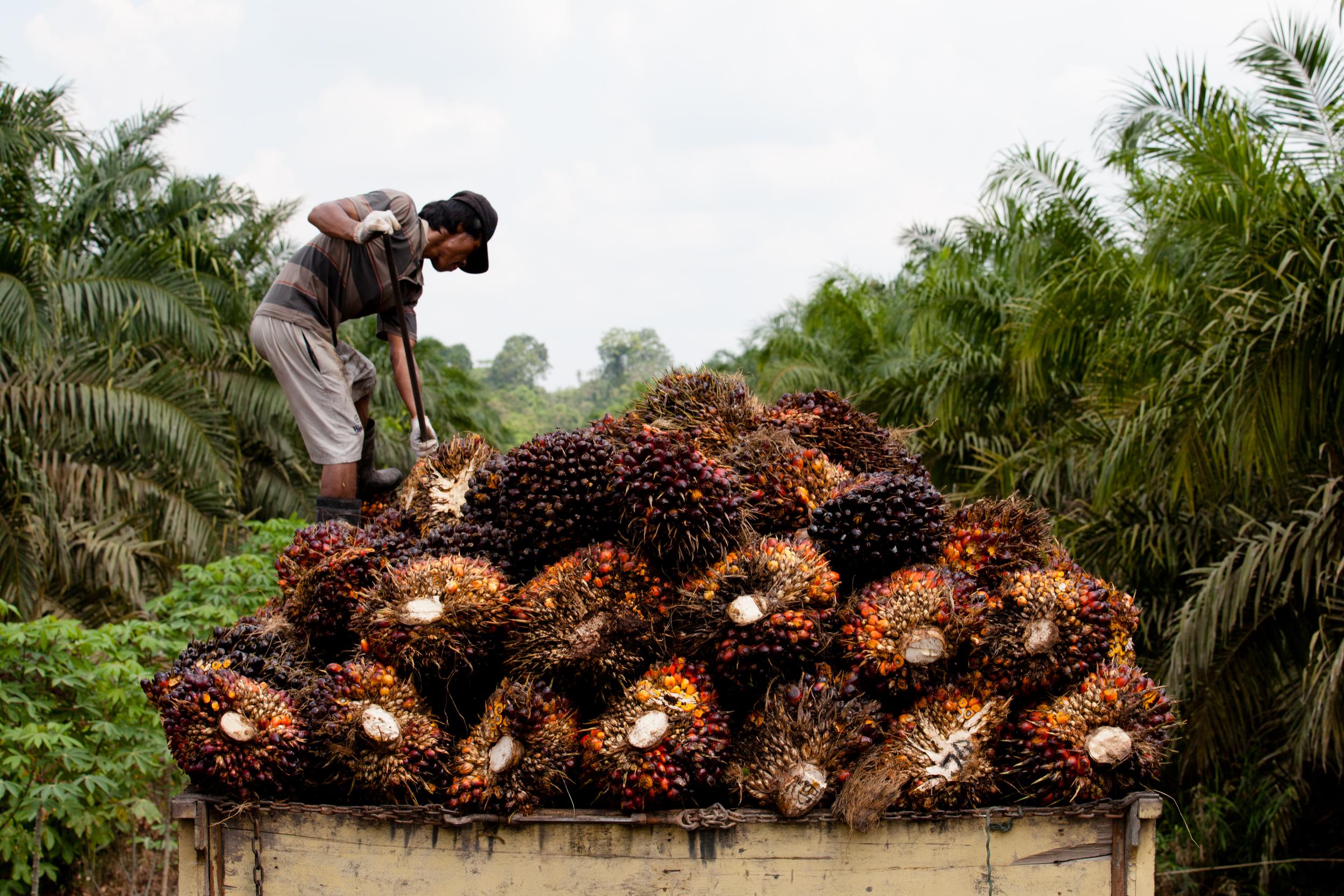
Forest fires and haze pollution are man-made disasters that could have been prevented. Rich companies benefit while the poor people suffer. Stopping forest fires and demanding clean air are international climate change agreements. By taking a multi-pronged approach and committing to long-term solutions, Malaysia and its neighboring countries can pave the way for clearer skies and healthier communities.

